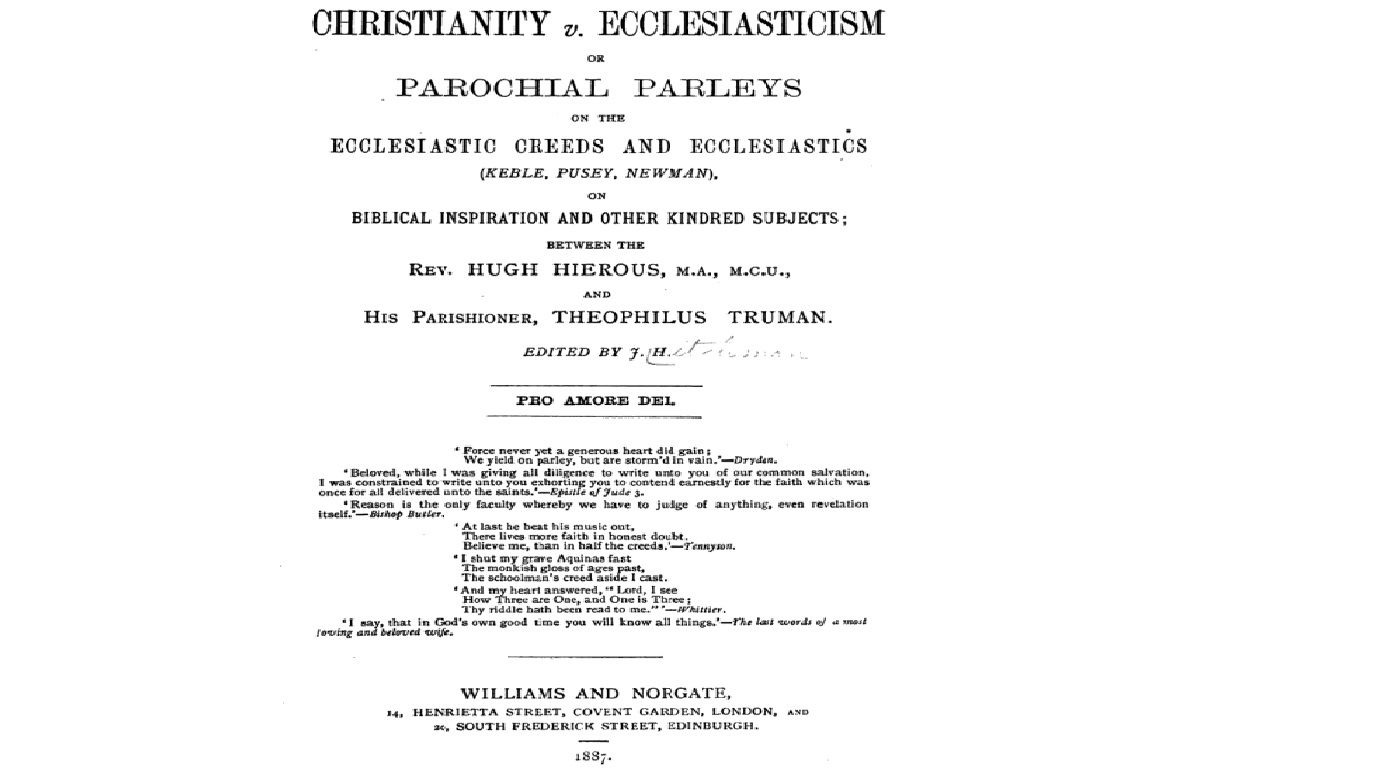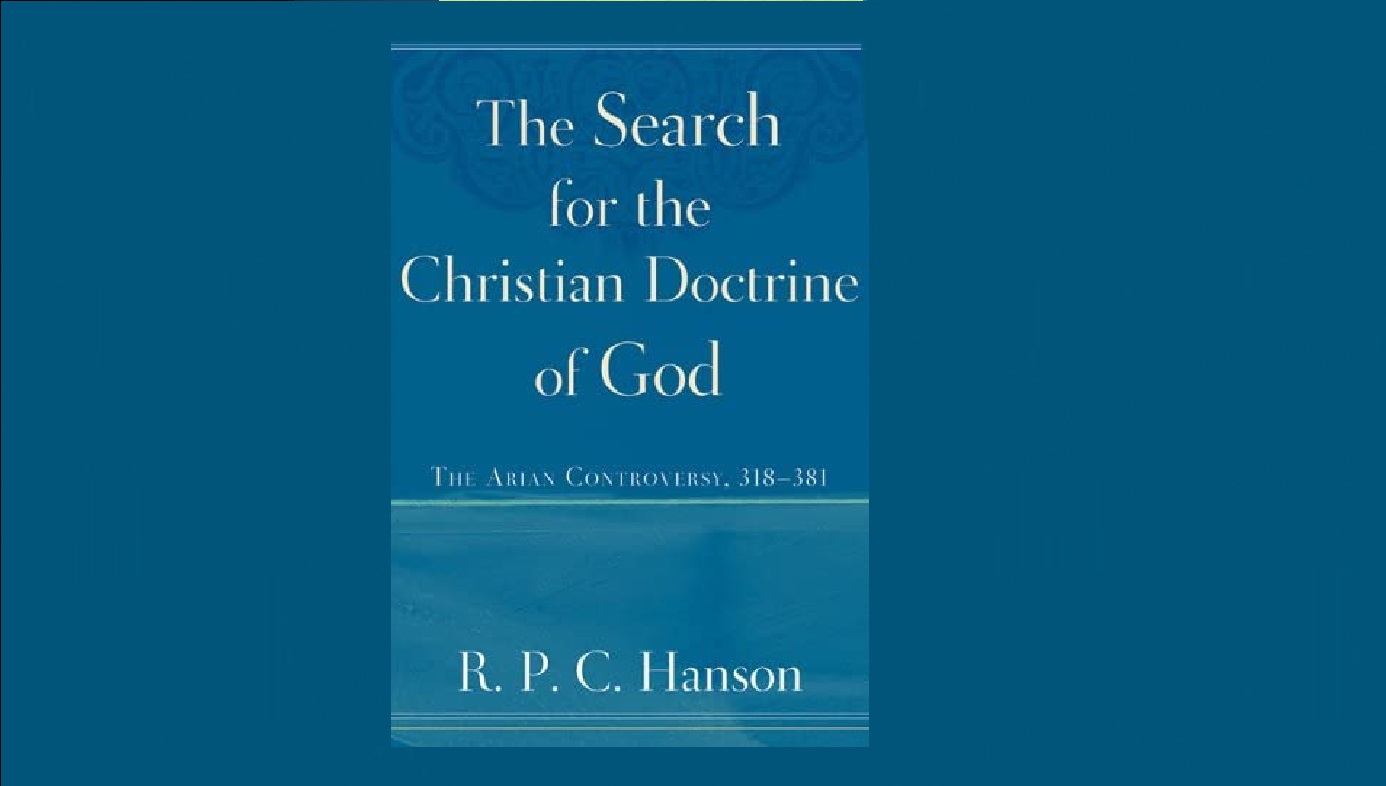
St. Paul’s Lucidity
October 7, 2022
Theodotius and Trinity Edict
November 8, 2022Jesus “came from God,” John 13:3

John 13:3 says the Son knew that he had come from God and was going to God.
NOTE: Jesus never said he was returning or going back to God, as many mistranslate the Greek here.
John probably meant “coming forth” as a reference to the begetting, procreation of the Son by God’s miraculous power in the womb of his mother (Mat 1.20; Luke 1.35).
Mattew 2.6 uses the same Greek word (exerchomai) in relation to the OT prophecy about the origin of the Messiah.
And you, O Bethlehem in the land of Judah, are not least among the ruling cities of Judah, for a ruler will come from you who will be the shepherd for my people Israel. NLT
Thayer’s Lexicon defines as “to come forth from physically, arise from, to be born of: ἐκ with the genitive of the place from which one comes by birth.” And the fact that “to come into the world” is a well-established Hebrew idiom for someone who is born.
The noted Evangelical scholar G.E. Ladd explains in A Theology of the NT, 1993, p. 261.
“The earth is frequently referred to as the dwelling place of humanity in language that is paralleled in Jewish idiom: coming into the world (John 6.14; 9.39; 11.27; 18.37), being in the world (9.5a), departing out of the world (13.1; 16.28b)….the idiom itself is familiar Jewish terminology. To come into the world means merely to be born; to be in the world is to exist; and to depart from the world is to die.”
So Godet, in his Commentary on the Gospel of St. Luke (Vol. 1, pp 91-93.), was right to note that “the Trinitarian sense should not be here applied to the term Son of God. The notion of the pre-existence of Jesus Christ, as the eternal Son of God, is quite foreign to the context. Mary could not have comprehended it; and on the supposition that she had comprehended or even caught a glimpse of it, so far from being sustained by it in her work as a mother, she would have been rendered incapable of performing it. The Holy Spirit denotes here the divine power, the life-giving breath which calls into developed existence the germ of a human personality slumbering in Mary’s womb…Thus in this birth the miracle of the first creation is repeated on a scale of greater power. Two elements concurred in the formation of man: a body taken from the ground, and the divine breath. By the word also (therefore also) the angel alludes to his preceding words: He shall be called the Son of the Highest. We might paraphrase it: And it is precisely for this reason that I said to thee, that….We have here then, from the mouth of the angel himself, an authentic explanation of the term Son of God in the former part of his message. After this explanation Mary could only understand the title ‘Son of God’ in this sense: a human being of whose existence God is the immediate author. It does not convey the idea of preexistence…”
